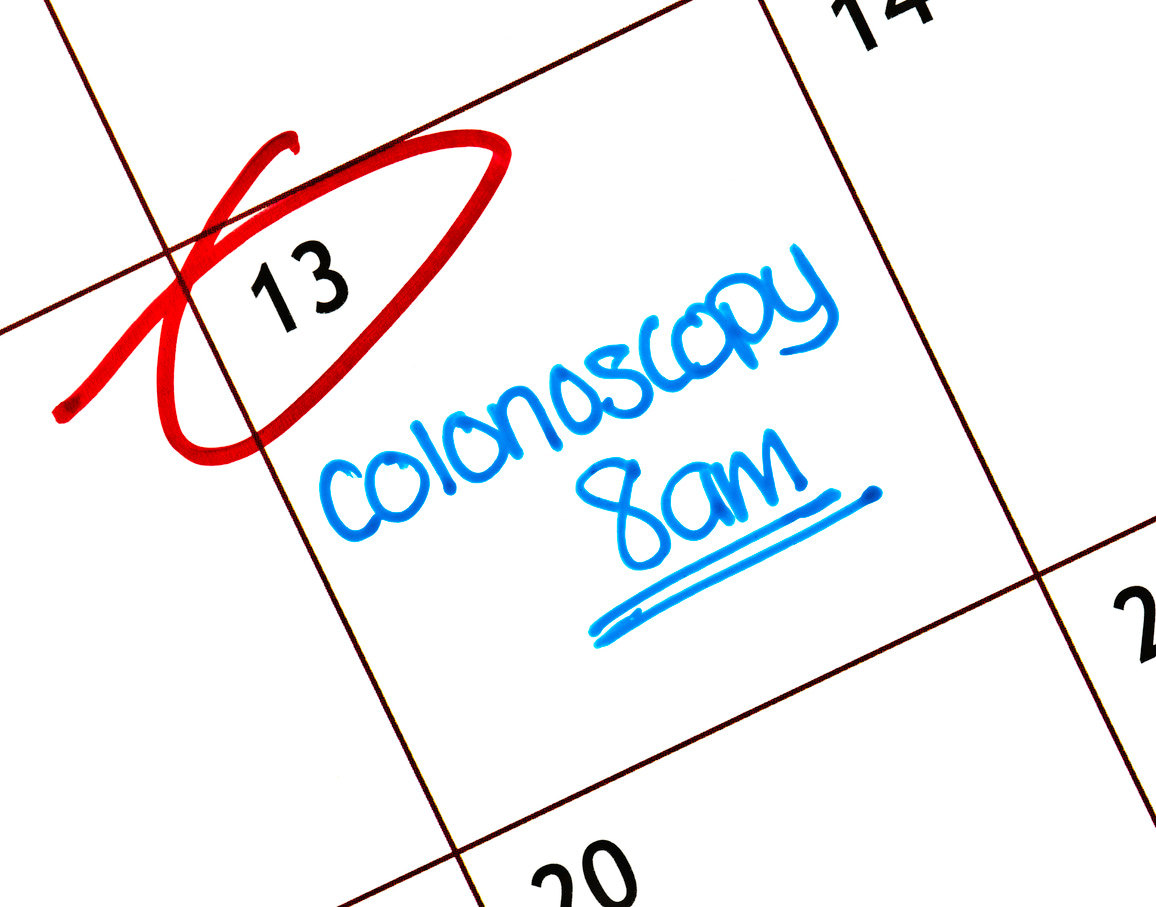Cancer can be a tricky subject. We all know that it’s serious and life-threatening, but often times we don’t realize just how common cancer is or what types of steps you can take to help prevent it. When it comes to colon cancer, the facts are out there – understanding these facts and making lifestyle changes accordingly could make an incredible difference in your health and well-being for years to come! Here at our office, we specialize in educating our patients on preventive measures as well as treatments available should they ever receive a diagnosis of this type of cancer; today’s blog post will divulge all the must-know medical information related to preventing and treating colon cancer. Keep reading if you want to stay ahead of the game!
What is colon cancer, and what are the risk factors for developing it?
Colon cancer is a type of malignant tumor that starts in the cells of the colon. It has the potential to spread throughout the body, making early detection and treatment critical for improved outcomes. Risk factors that are associated with Colon Cancer include obesity, smoking, and drinking habits, as well as dietary choices like a lack of fiber. People aged 55 or older may be at higher risk, so yearly screening is suggested. By following Colon Cancer preventative treatments such as regular exercise, a healthy diet, and quitting smoking, you can significantly reduce your risk of developing Colon Cancer and better ensure your long-term health.
How can you prevent colon cancer from developing in the first place?
Colon cancer can be a devastating health condition to face. Fortunately, there are ways to prevent it from ever developing in the first place! Colon cancer prevention treatment is as simple as making healthy lifestyle choices such as getting regular exercise, avoiding processed and red meat, consuming more plant-based foods, and not smoking. Regular colonoscopies are also effective in detecting abnormalities early on before they develop into something more serious. By taking some simple precautionary steps, you can rest easy knowing you have taken precautions against the development of colon cancer.
What are the signs and symptoms of colon cancer, and when should you see a doctor about them?
Colon cancer is a serious condition with some distinct signs and symptoms that should not be ignored. Warning signs may include abdominal discomforts, such as cramping or bloating; changes in bowel habits, including constipation or diarrhea; blood in the stool; and unexplained weight loss. These are all reasons to see a doctor right away. Colon cancer can often be prevented with regular screening and early treatment, so being aware of its potential warning signs and seeing a doctor could save your life.
How is colon cancer treated, and what are the possible side effects of treatment?
Colon cancer can be an especially daunting diagnosis, but fortunately, treatment options abound. Of course, the exact method of treatment depends on the stage and type of Colon Cancer in question. However, some common forms of Colon Cancer treatment include surgery to remove tumors or part of the colon, as well as radiation and chemotherapy. As with any form of medical treatment, Colon Cancer prevention can often cause side effects like fatigue, vomiting, hair loss, and even impaired organ function; however, these potential effects should not outweigh the life-saving importance of Colon Cancer treatment. With a combination of effective therapies and modern clinical insight into Colon health management and prevention, more patients than ever before can look forward to a fighting chance against this treacherous disease.
How can you cope with a diagnosis of colon cancer, both emotionally and practically speaking?
Colon cancer is a frightening diagnosis and can leave people feeling overwhelmed and confused. When facing such a diagnosis, it is important to take an active role in treatment. Carefully researching colon cancer prevention methods, keeping open lines of communication with medical personnel and treatment teams, and seeking support from friends and family are all important steps toward understanding the condition and taking control of your health. These strategies will likely aid in emotional well-being as well as bolster practical steps for care; do not be afraid to reach out for help. Colon cancer affects many more than just the person diagnosed, so you are never alone in this fight.
Where can you find support if you or a loved one has been diagnosed with colon cancer?
Colon cancer is a serious and often life-altering diagnosis. If you or a loved one has received such a diagnosis, there are many places to turn to for support. Colon cancer prevention treatment and resources can be found through nearby hospitals or clinics, governmental health organizations, patient networks and forums, and accredited charitable organizations dedicated to helping individuals with the disease. The Colon Cancer Alliance is a fantastic place to start, as it offers access to resources about prevention, treatments, support services for patients and caregivers alike, educational materials, clinical trial information, and more. There is no need to face this challenge alone; take advantage of the help these programs provide.
Although colon cancer can be life-threatening, it is treatable and preventable. Striving to lead an active lifestyle, maintaining a healthy diet full of vegetables, fruits, and whole grains, avoiding or limiting red meats and processed meats, routinely getting tested for colon cancer after age 45, and seeking treatment as soon as any signs or symptoms occur are all essential ways to not just prevent colon cancer but also help detect it early. Early detection is key for the successful treatment of the disease. Therefore, if your family has a history of colon cancer or you have other risk factors associated with the disease, please take the steps necessary to monitor your health–a simple physical exam could save your life!

